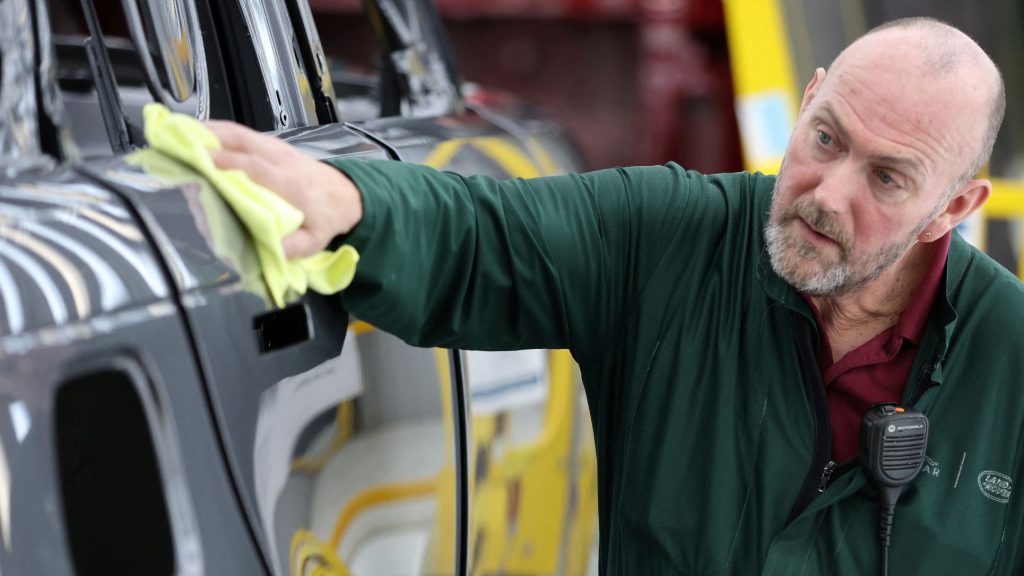UK Manufacturers Cautiously Optimistic Amid Economic Challenges, Survey Finds

UK manufacturers are expressing cautious optimism about the future, despite the lack of immediate impact from the new Labour government, according to the Q3 Manufacturing Outlook survey published by Make UK and business advisory firm BDO.
The survey reveals that while growth in manufacturing remains sluggish, nearly 60% of companies are hopeful that the change in government will lead to improved economic prospects over the next year. Only 6% expect GDP to decline in 2024.
In light of this optimism, Make UK has revised its forecast for 2025, upgrading expected economic growth from 0.8% to 1.8%.
Fhaheen Khan, Senior Economist at Make UK, described the results as a “tale of two halves,” with declining output and recruitment but positive investment trends and rising business confidence.
“With an Autumn Budget and Spending Review fast approaching, now is the time for Government to deliver on pre-election promises, most notably the publication of a long-term Industrial Strategy,” Khan said.
Richard Austin, Head of Manufacturing at BDO, echoed these sentiments, noting that manufacturers are hopeful political stability will support economic growth.
“Time will tell if that confidence can translate to improved output and orders next quarter,” Austin said, emphasizing the need for a robust industrial strategy to ensure manufacturers’ optimism is not misplaced.
While the long-term outlook is promising, current conditions for manufacturers remain weak. The balance on output fell from +9% in Q2 to -2%, and total orders also dropped from +14% to +7%. However, both are expected to surge to +33% in the next quarter, signaling that manufacturers anticipate a rebound in demand.
Export orders have been stronger than UK orders, standing at +11% compared to -4% for domestic orders. This trend is expected to reverse in the next quarter, with UK orders forecasted at +27% and export orders at +26%.
One significant concern is recruitment, which turned negative for the first time in four quarters, falling from +26% to -1%.
However, companies expect to increase staffing levels in the coming months, with recruitment intentions forecast to rise to +22% as businesses prepare for a potential upswing in demand.
Make UK is urging the government to act quickly to support growth, particularly by publishing the long-awaited Industrial Strategy. The report also calls for the introduction of the UK’s Carbon Border Adjustment Mechanism (CBAM) by 2026 to avoid trade risks and prevent high-emission materials from flooding the UK market.
Additionally, the government is being asked to address the sharp decline in apprenticeship starts—down 40% since the introduction of the Levy—by increasing funding for engineering apprenticeships.
Investment intentions have moderated slightly, from +15% to +11%, reflecting a cautious approach by manufacturers amid ongoing uncertainty.
Still, business confidence has risen to match the highest level recorded since the survey began in 2014, suggesting that firms are hopeful about the longer-term outlook.
Looking ahead, Make UK has downgraded its forecast for manufacturing growth in 2024 to 0.5%, down from a previous estimate of 1.2%, due to revisions from the Office for National Statistics. However, GDP growth is expected to rise to 1.1% in 2024 and 1.8% in 2025.
As manufacturers navigate these challenges, the sector remains focused on the government’s next steps, particularly the need for policies that support growth and enhance the UK’s international competitiveness.
The survey, conducted among 307 companies between July 25 and August 21, highlights the cautious optimism that permeates the sector as it looks to the future.




